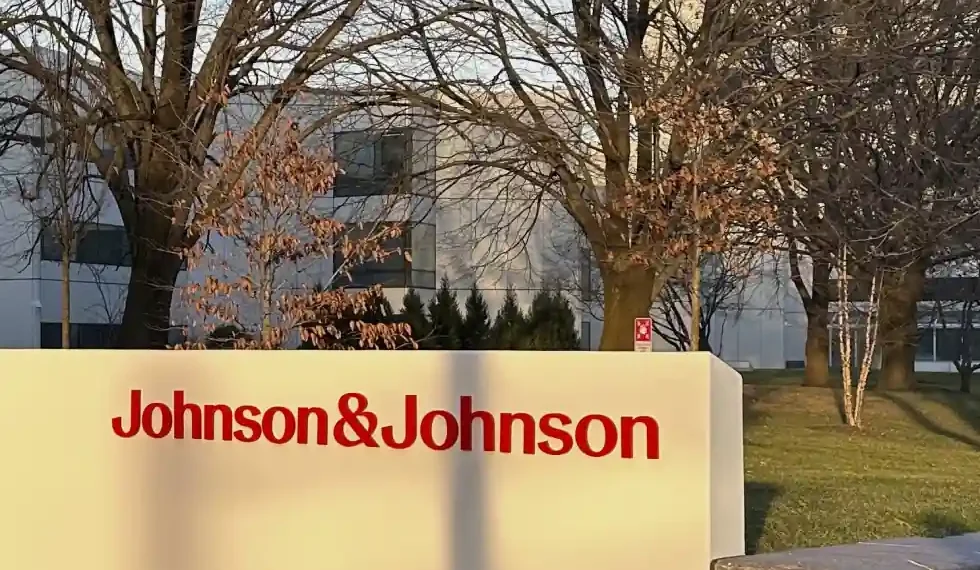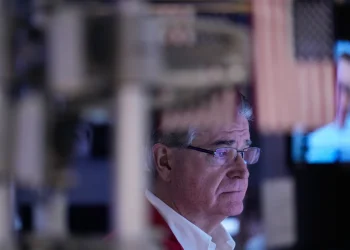Judge Blocks J&J’s $9 Billion Baby Powder Settlement Plan, Citing Flawed Process
Johnson & Johnson’s long-running legal battle over its talc-based baby powder took another major hit this week. A U.S. bankruptcy judge rejected the company’s latest attempt to settle thousands of cancer-related lawsuits, dealing a serious blow to J&J’s strategy to manage mounting litigation.
On Monday, Judge Christopher Lopez of the U.S. Bankruptcy Court in Houston denied a proposed $9 billion settlement plan from J&J subsidiary Red River Talc LLC. The plan was tied to a prepackaged Chapter 11 bankruptcy filing aimed at resolving tens of thousands of claims alleging that J&J’s talc-based products caused ovarian cancer and mesothelioma.
Judge Lopez ruled that J&J and its subsidiary used a flawed voter solicitation process when seeking approval from personal injury claimants—a critical misstep that led to the plan’s rejection.
Had it gone through, the deal would have marked one of the largest mass tort settlements in U.S. history.
Following the ruling, J&J announced that it will not appeal the decision. Instead, the company says it will return to civil court to fight the claims one by one, describing them as “meritless.” As part of the decision, J&J also plans to reverse approximately $7 billion of the reserve it had previously set aside for the settlement.
Shares of J&J fell more than 3% in pre-market trading Tuesday as investors reacted to the news.
This is the third time a J&J-affiliated company has attempted—and failed—to use bankruptcy court to settle talc-related lawsuits. A previous offer made in 2023 proposed to pay $6.48 billion over 25 years to resolve similar claims.
Despite these efforts, J&J maintains it has made significant progress elsewhere:
- 95% of filed mesothelioma cases have been settled
- All state consumer protection claims are resolved
- Disputes with talc suppliers have been concluded
J&J has faced thousands of lawsuits over its once-popular talc-based baby powder. Plaintiffs allege that long-term use of the product, especially for feminine hygiene, led to ovarian cancer or mesothelioma due to alleged asbestos contamination.
The backlash led to a sharp decline in sales and, ultimately, J&J pulled the talc-based product from U.S. shelves in 2020. By 2022, the company had announced it would end global sales of talc-based baby powder altogether, shifting exclusively to cornstarch-based alternatives.
At the time, J&J had claimed its reorganization plan would resolve 99.75% of all talc-related claims in the U.S., with remaining mesothelioma suits to be handled separately.
This article was rewritten by JournosNews.com based on verified reporting from trusted sources. The content has been independently reviewed, fact-checked, and edited for accuracy, neutrality, tone, and global readability in accordance with Google News and AdSense standards.
All opinions, quotes, or statements from contributors, experts, or sourced organizations do not necessarily reflect the views of JournosNews.com. JournosNews.com maintains full editorial independence from any external funders, sponsors, or organizations.
Stay informed with JournosNews.com — your trusted source for verified global reporting and in-depth analysis. Follow us on Google News, BlueSky, and X for real-time updates.














